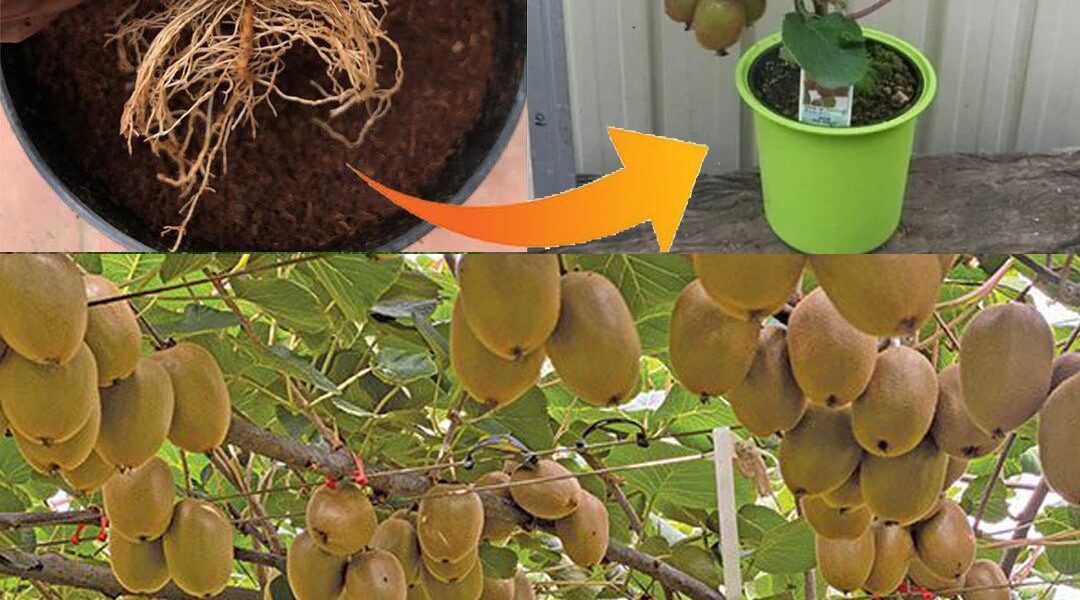Kiwi Tree: How to Germinate a Kiwi Seed?
Welcome Tips Kiwi Tree: How to Germinate a Kiwi Seed?Credit: mojerecepty
Kiwi seeds are so small that they are eaten with the fruit. They do not end up on the edge of the plate at the end of the meal and we are therefore not led to ask ourselves the question of a possible sowing. However, kiwi seeds can germinate; success is a little random, but if the conditions are good, it is possible to obtain young actinidia.
How to germinate your kiwi seeds?
Prepare your seeds
Once you have duly chosen your kiwi and set aside around thirty seeds, put them in a bowl filled with water: throw away the seeds that float and collect those that have sunk to the bottom.
Solution 1: Place your seeds between cotton wool
Get a small bowl at the bottom of which you will place cottons, preferably organic and to avoid any negative interactions between germination and chemical residues, at the bottom. Moisten everything well then place your seeds on top before covering them with a piece of gauze that you will moisten again.
You can perform the operation on several cups in case a fungus sets in during the operation and to limit the risk of losing everything.
Solution 2: Place your seeds in a jar
Prepare a pot of fifteen centimeters in diameter with gravel or clay balls placed at the bottom and fill it with quality horticultural soil.
Lightly tamp down the soil and place the seeds in it for germination. Once this is done, “sprinkle” very lightly with moistened potting soil using a sprayer.
Location
It needs full sun for healthy growth. Place it in a location where it receives maximum sunlight.
Temperature
For cooler climates, it does well in the temperature range of 40 to 60 °F (4.44 to 15.56 °C). In warmer regions, kiwis do best between 56 and 77 °F (13.33-25 ° C). The plant may be affected or even die at temperatures below 29 °F (-1.67 °C).
Watering
For healthy plant growth, it is important to keep the soil moist, but do not overwater as kiwis do not like too much water and this can also cause root rot. Water daily, but avoid overwatering completely until your plants are established.
Kiwi harvest
Kiwi is harvested in the northern hemisphere before the first winter frosts, generally around November.
To know when to harvest kiwi, run your fingernail over the flesh and see if it pulls back under pressure, then it is the right time to harvest them.
Kiwi does not resist the cold in winter and must therefore be harvested before the first frosts.
